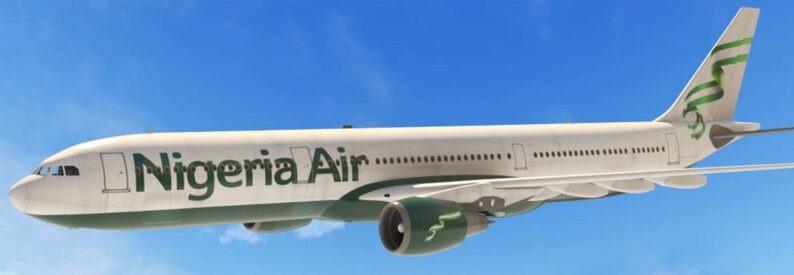Nigeria Urged to Back Flag Carrier Model

Nigerian aviation stakeholders are calling on the federal government to reconsider its approach to establishing a national airline, urging a shift from a fully state-owned carrier to a flag carrier model with shared ownership between government and private investors.
The proposal comes as officials renew discussions on reviving a national airline concept, though they have distanced themselves from the failed Nigeria Air project, which was tied to Ethiopian Airlines and faced significant opposition. Industry leaders argue that a flag carrier structure would provide a more sustainable and economically viable solution, while also limiting the financial risks typically associated with state-run carriers.
Proponents say such a model would allow Nigeria to maintain an international aviation presence, benefit from private sector efficiency, and reduce reliance on government subsidies. Crucially, they stress the need for the carrier to be shielded from political interference, which has undermined similar projects in the past.
The call reflects lessons learned from previous attempts, including Nigeria Airways, which collapsed in 2003 under heavy debt, and the more recent Nigeria Air initiative, which never launched despite years of planning. Stakeholders believe that collaboration with local and foreign investors could help build a stronger foundation, ensuring transparency, better corporate governance, and access to capital and expertise.
With Nigeria’s aviation market among the fastest growing in Africa, industry experts say adopting a flag carrier model could position the country as a regional hub, boosting connectivity, tourism, and economic development while avoiding the pitfalls of past ventures.
Related News: https://airguide.info/category/air-travel-business/airline-finance/
Sources: AirGuide Business airguide.info, bing.com, ch-aviation.com
